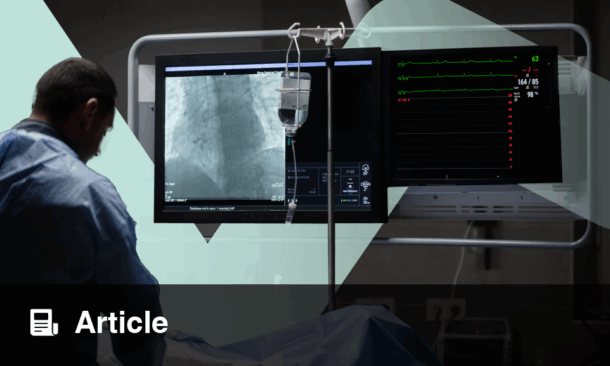A NEW analysis reveals that transcatheter mitral valve replacement delivers sustained benefits for patients with high-risk mitral regurgitation, demonstrating long term stability and improved symptoms over five years.
Why Long-Term Evidence Matters for Transcatheter Mitral Valve Replacement
Patients unsuitable for surgical repair or replacement often rely on transcatheter mitral valve replacement as a potential lifeline, yet long term durability data have been scarce. The early generation Intrepid transapical system was developed to support individuals with symptomatic moderate to severe mitral regurgitation who face prohibitive surgical risk. Understanding how the device performs over several years is essential for guiding clinical confidence, especially as newer transfemoral systems emerge. This study offers rare extended follow-up on the performance of transcatheter mitral valve replacement in a complex population.
Five Year Findings from the Intrepid Transapical Pilot Study
The multicentre, single arm global Pilot study enrolled 95 patients across 21 sites between 2015 and 2019. Participants had a mean age of 74.0±9.2 years, 43.2% t were female and the mean STS PROM score was 6.5±4.8%. Secondary mitral regurgitation was present in 78.7%, and 76.6% had a left ventricular ejection fraction of 50 percent or less. Over five years, all-cause mortality reached 66.7% and heart failure hospitalisation 55.4%, with only one mitral valve reintervention recorded at 30 days (1.1%). Haemodynamic valve deterioration occurred in 1.4%, and the median mitral valve mean gradient remained stable at 3.6 mmHg (Q1, Q3: 3.0, 4.8 mmHg). All patients maintained mild or less mitral regurgitation, and none experienced paravalvular leak. Functional improvement was sustained, with 84.6% of patients remaining in NYHA Class I or II.
Clinical Implications and the Future of TMVR Practice
These results indicate that transcatheter mitral valve replacement can offer durable symptom relief and stable valve performance for suitable high-risk patients. Upcoming APOLLO and APOLLO EU trials, using transfemoral systems, will help define optimal patient selection and broaden access to less invasive therapy. As evidence expands, transcatheter mitral valve replacement may become a central option for managing complex mitral disease in patients who cannot undergo surgery.
Reference
Tang GHL et al. Five-year outcomes of the early-generation intrepid transapical transcatheter mitral valve replacement system. EuroIntervention. 2025;DOI:10.4244/EIJ-D-25-01133.








